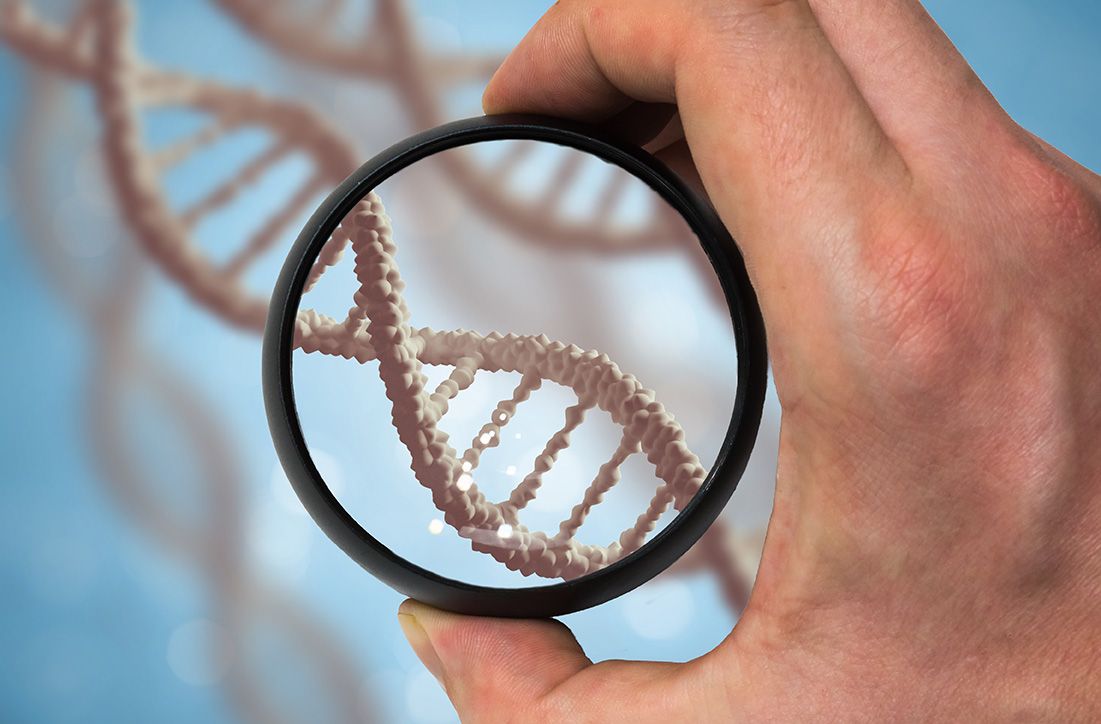Diagnosing Pelvic Abnormalities Can Make Conception Possible
Dr. Sonja B. Kristiansen is a board certified Reproductive Endocrinologist Infertility (REI) specialist and Medical Director of the Houston Fertility Center in Houston, TX, and Sugar Land, TX. She has more than 20 years of professional experience and, as her many satisfied patients can attest, she is highly proficient in the many aspects of her specialty. Her practice is an endocrinology clinic that provides a full range of services, including the treatment of infertility and other disorders affecting females. One of the important services she provides is diagnosing pelvic abnormalities. Many women—perhaps as many as 25 percent—suffer from a wide variety of pelvic disorders, some of which may contribute to infertility issues. They can include such conditions as pelvic organ prolapse, incontinence or overactive bladder, sexual dysfunction, urethral diverticulum, and vaginal fistulas. It is important to identify and treat these conditions, not only because they can affect a woman's ability to become pregnant, but also to improve her overall health.

Medical History and Physical Exam
Patients reporting to Dr. Kristiansen's fertility center are first asked to provide a complete medical history. They should be sure to include on the comprehensive four-page form any medications they are taking and past surgeries. They should also mention any symptoms or problems they may have experienced, either presently or in the past. These could include such issues as urinary infections, vaginal pain during intercourse, or lack of bladder or bowel control.
Dr. Kristiansen will then conduct a thorough pelvic examination. She will look for anything unusual or abnormal that could suggest a problem. She may, for example, detect muscle knots or spasms, or a vaginal bulge that could indicate a pelvic floor disorder.
Other Diagnostic Techniques
While many abnormalities can be diagnosed using only the history and physical exam, others require additional diagnostic tests. Some of these special tests are designed to gauge such functions as pelvic muscle control and urine flow.
- Anorectal manometry is a test that measures how well the rectum and anal sphincter are working.
- Cystoscopy employs a small tube with a lens to examine the inside of the bladder and urethra. It can detect abnormalities, such as kidney stones and tumors.
- Dynamic rectal examination or magnetic resonance defecography uses x-rays or magnetic resonance imaging (MRI) to evaluate the pelvic muscles and rectum during bowel movement.
- Endoanal ultrasound employs sound waves to investigate rectal muscles.
- Urodynamics studies look at possible causes of incontinence by testing how effectively the bladder is working.
Call the Center for More Information
Those wanting to know more about the diagnosis and treatment of pelvic abnormalities, or about any type of fertility issue, are encouraged to call the Houston Fertility Center. They can reach the Houston office at (713) 862-6181 or the Sugar Land office at (713) 225-5375. Alternatively, they can get in touch online.


